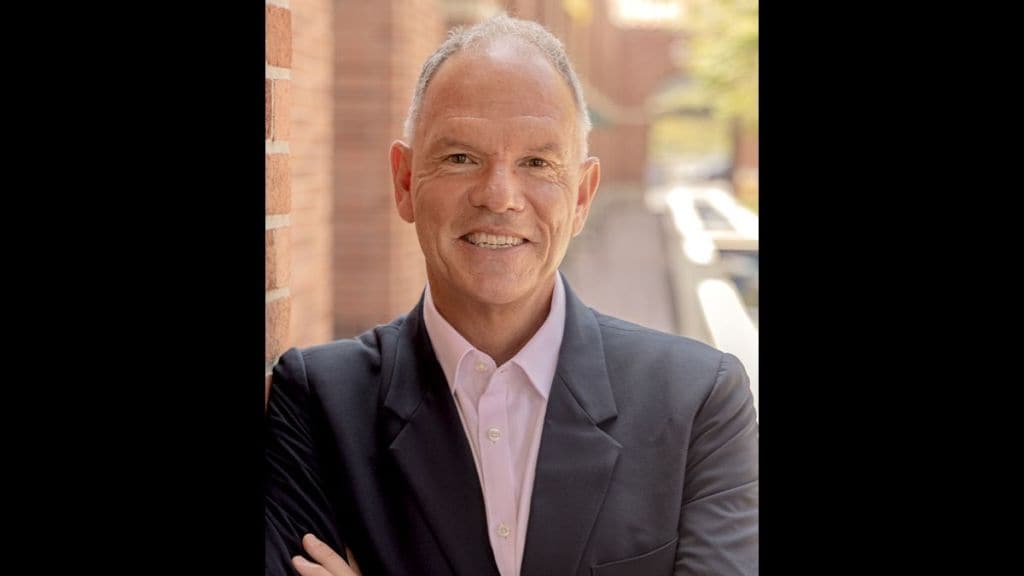Earlier this year, the University Grants Commission (UGC) made it easy for foreign universities to set up physical campuses in India, in the GIFT City — a smart business district located between Ahmedabad and Gandhinagar, in Gujarat.
While the Australians have taken the lead — in addition to Deakin University, the University of Wollongong will also start classes in 2024 — many universities from the West are in talks with GIFT City officials (to enter India).
Prof Geoffrey Garrett, dean of the University of Southern California Marshall School of Business, told FE that the post-Covid-19 hybrid environment will further make it easier for foreign universities to operate in India (both physically and digitally).
“Before Covid-19, there were two kinds thought processes — it was either online presence or campus presence,” Prof Garrett, who was previously on the ISB Hyderabad Board, said. “But now we are moving to a world where everything is hybrid, including university partnerships and collaborations.”
He added that while there is incredible value that face-to-face meetings bring in for cohort building, for teamwork and for leadership development, there is incredible convenience in doing things remotely either synchronously or asynchronously.
“Let’s take the example of a university based in the US and a university based in India who want to collaborate. They would likely have some activity on the ground in both the locations, but then in the middle they would do a lot of stuff using technology which increases convenience, reduces costs and saves time,” he said. “Even if that American university doesn’t want to set up a physical campus in India immediately, it can bring a lot of value online and gradually step up physical presence in India.”
Prof Garrett said that liberalising higher education is a very smart initiative of the Indian government, and here there can be a lot of learnings from China. “Opening up of the Chinese higher education market was a win-win for foreign and Chinese universities. A lot of soft knowledge transfer and technology transfer happened from foreign universities to China, and the quality of Chinese universities became better,” he said. “The Indian playbook looks to be taking a similar trajectory.”
Prof Garrett was visiting India to strengthen Marshall School’s collaboration with the SP Jain Institute of Management and Research (SPJIMR), under which SPJIMR students can take classes, receive credit and potentially graduate from the USC Marshall.


